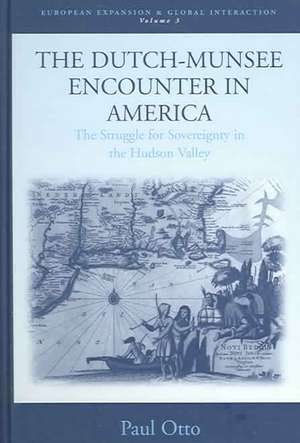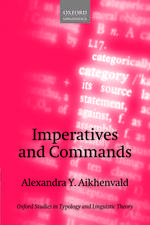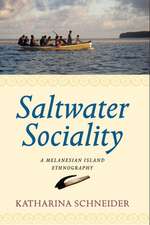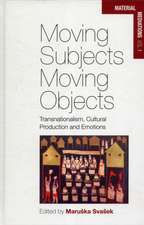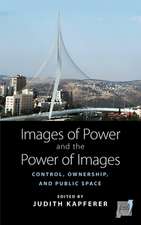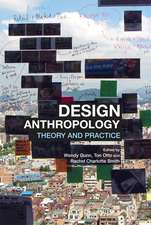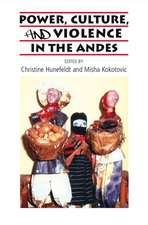The Dutch-Munsee Encounter in America: European Expansion and Global Interaction, cartea 3
Autor Paul Andrew Ottoen Limba Engleză Hardback – 31 dec 2005
"...it offers a thoughtful investigation of understudied peoples and events, and on that count, it is wholly successful...With this useful book, Otto shows how historians of early America can both 'face east from Indian Country' and tell the story 'with the Dutch put in'". · H-Low-Countries
"[this book is] a sterling example of how the scholarship on New Netherlands has grown recently...[Otto's] straightforward narrative provides an excellent chronology of events, causes, and consequences for both peoples in the region." · Choice
"This is a first-rate discussion of native-European relations, which deals in a lucid way with the different layers of the encounter." · Wim Klooster, Clark University
"The Dutch-Munsee Encounter in America fills a major gap in scholarly studies of New Netherland. With keen judgment and perceptive analysis, Paul Otto examines European intrusion into the lower Hudson Valley and western Long Island and evaluates the changes it wrought on Indian and Dutch societies. This deeply-researched book is as nearly definitive - in the absence of Munsee sources - as it could be, and the comparative essay on South Africa is a valuable bonus." · Alden T. Vaughan, Professor Emeritus of History, Columbia University
Employing a frontier framework, this book traces intercultural relations in the lower Hudson River valley of early seventeenth-century New Netherland. It explores the interaction between the Dutch and the Munsee Indians and considers how they, and individuals within each group, interacted, focusing in particular on how the changing colonial landscape affected their cultural encounter and Munsee cultural development. At each stage of European colonization - first contact, trade, and settlement - the Munsees faced evolving and changing challenges.
Understanding culture in terms of worldview and societal structures, this volume identifies ways in which Munsee society changed in an effort to adjust to the new intercultural relations and looks at the ways the Munsees maintained aspects of their own culture and resisted any imposition of Dutch societal structures and sovereignty over them. In addition, the book includes a suggestive afterword in which the author applies his frontier framework to Dutch-indigenous relations in the Cape colony.
Preț: 748.86 lei
Preț vechi: 972.55 lei
-23% Nou
Puncte Express: 1123
Preț estimativ în valută:
143.31€ • 149.07$ • 118.31£
143.31€ • 149.07$ • 118.31£
Carte tipărită la comandă
Livrare economică 14-28 aprilie
Preluare comenzi: 021 569.72.76
Specificații
ISBN-13: 9781571816726
ISBN-10: 1571816720
Pagini: 248
Dimensiuni: 152 x 229 x 14 mm
Greutate: 0.49 kg
Editura: BERGHAHN BOOKS INC
Seria European Expansion and Global Interaction
ISBN-10: 1571816720
Pagini: 248
Dimensiuni: 152 x 229 x 14 mm
Greutate: 0.49 kg
Editura: BERGHAHN BOOKS INC
Seria European Expansion and Global Interaction
